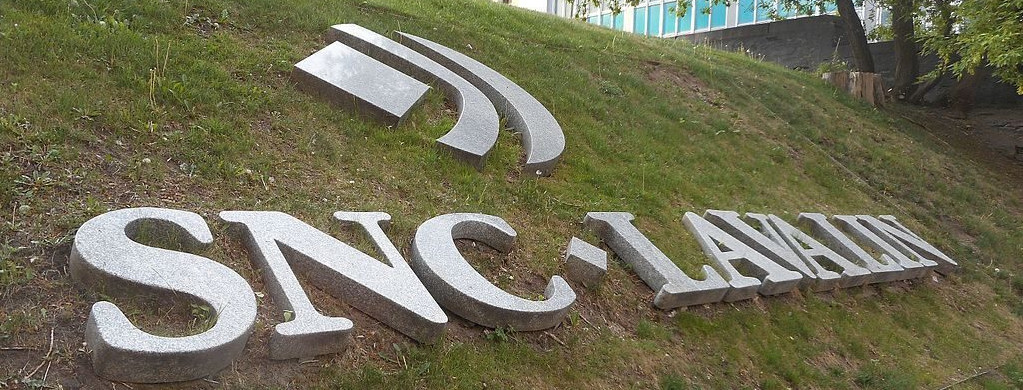Until recently, Justin Trudeau was the darling of liberals around the world. In the 2015 election he promised “sunny ways,” seeming to offer everything – electoral reform, tackling climate change, reducing inequality, respect for women, Indigenous rights and more. His Liberal party gained 150 seats and he became Canada’s Prime minister in October. In the same election, the New Democratic Party (NDP) fell from official opposition to third place, losing over half its seats.
In his first few months in office, Trudeau polished his progressive halo by appointing a cabinet of 50% women, a speech at the Paris Climate summit promising that “Canada is back” and promising to respect Indigenous rights. Trump’s election in November 2016 boosted Trudeau’s stature as the progressive contrast.
In 2019, Trudeau’s glow disappeared. His shine was already tarnished by abandoning the promised electoral reform, buying a pipeline to carry diluted bitumen to Vancouver for $4.5 billion and selling $15 billion of weapons to Saudi Arabia.
The report, in early 2019, that the Prime Minister and his office had leaned on the attorney general to stop the prosecution for corruption of the major corporation SNC-Lavalin seriously damaged Trudeau’s reputation. Two women members of cabinet, Jody Wilson-Raybould, also Indigenous, and Jane Philpott, resigned.
The scandal revealed the sordid nature of government’s links to big business. No surprise for a Marxist, but heartbreaking for liberals. Leah McLaren, in The Guardian, described Trudeau as “Canada’s undeniably gorgeous, halo-bound Liberal prime minister – proud feminist, defender of minority rights, advocate for transparency, inclusivity and decency.” McLaren claimed that the SNC-Lavalin scandal was “like watching a unicorn get flattened by a lorry.”
For many Canadians it wasn’t that bad, but it was a lightning rod for the growing sense that Trudeau, with many broken or undelivered promises, was not delivering “sunny ways.” It confirmed that the Liberals are not a party of principles. Rather they are the same as ever, promising change during the election and once elected, governing for big business.
Adding to Trudeau’s fall from grace was the release in September of several photographs of him in blackface makeup. While these don’t seem to have had a big impact on public opinion, they do add to the cynicism people feel about politicians – that they are hypocrites.
Until the SNC-Lavalin scandal the Liberals had dominated federal politics. They were helped by the Conservative party’s weak leader, Andrew Scheer, and the memory of Stephen Harper, Canada’s much disliked former Tory Prime Minister.
The NDP, a party with social democratic roots, has underperformed since the 2015 election. It wasted two years before electing a new leader, Jagmeet Singh, who waited another 17 months before winning a seat in Parliament. At the start of the 2019 election, the NDP looked set to lose further seats. The Greens were gaining public support but have only two Members of Parliament.
One million Canadians took part in the Earth Strike on September 27. Polls indicate that climate change is the top issue. The NDP’s climate change policies are a major change from those of the Liberals and Tories, although not fully meeting the need for a radical transformation. They would end the annual $3 billion subsidies to the oil and gas companies, expand public transit and create 300,000 good jobs. Jagmeet Singh said on climate change action that Trudeau is “Mr. Delay” and Scheer is “Mr. Deny.”
The NDP has stronger polices than the other parties including increasing taxes on the super-rich and corporations, and making university more affordable. It will expand Canada’s public healthcare system to include prescription medicines, dental and eye care.
With the Tories widely disliked and the Liberals much tarnished, the NDP should be soaring yet, only in the last few weeks of the election has the NDP gained ground. While having some good policies, the NDP has not taken up the energetic and bold policies and campaigning of Bernie Sanders or Corbyn in the 2017 election. It does not have a large or dynamic membership that campaigns between elections.
Canada faces a minority government and more instability. The impending recession, that would hit Canadians’ income and jobs hard, is totally ignored in the election. The NDP thinks it can manage capitalism better than the other parties. However, economic crises and ecological disaster are not management failings, they are rooted in capitalism. The looming world recession and the global ecological crises means that managing capitalism is not an adequate answer.
There is an opportunity for a confident and campaigning left-wing party, as 58% of Canadians have a positive view of socialism.



